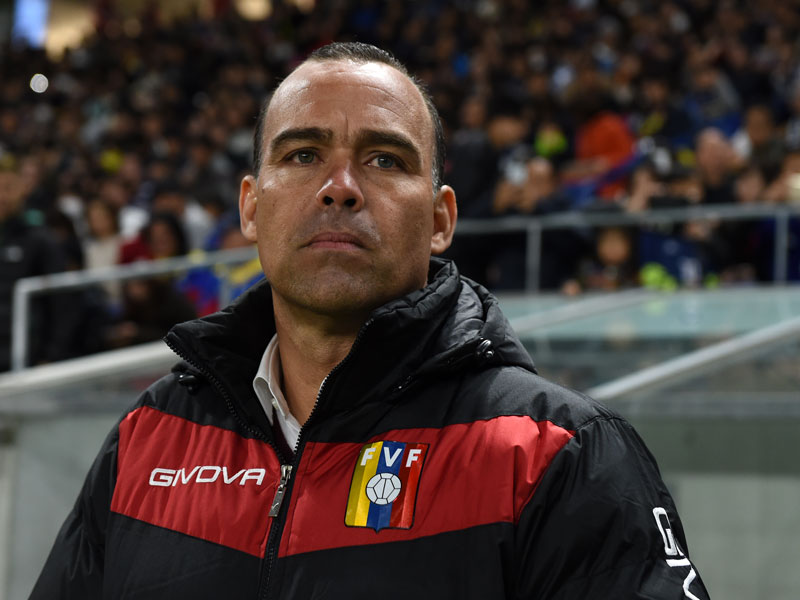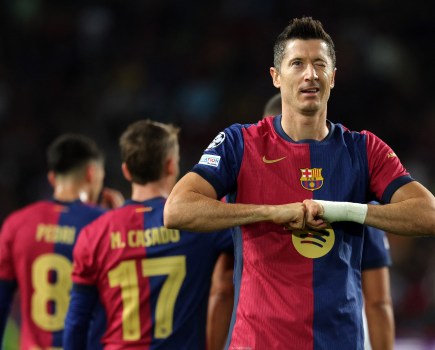Tim Vickery’s Notes From South America: Rafael Dudamel Resigns As Venezuela Head-Coach
Last week Rafael Dudamel resigned as national team coach of Venezuela to take charge of Brazilian club Atletico Mineiro. From one side of the line, the move comes across as a pity. From the other side, it looks like a risk.
In the current state of Venezuelan society, the last few months cannot have been easy for Dudamel, who in his resignation statement referred to growing differences with the FA directors. The deep political polarization has led to a state of affairs where both sides of the divide have been seeking to appropriate the national side, with Dudamel and his men caught in the middle.
But none of this would apply, certainly not to any great degree, if the team had not become relatively successful. Politicians of all sides are not well known for wanting to associate themselves with failing teams. And Dudamel’s near four year reign would have to be seen as a success. His resignation is a pity because he had history within his grasp. The next set of World Cup qualifiers kick off in March, and Venezuela can go into them with some confidence of qualifying for the competition for the first time – with a group of players developed by Dudamel. He doubled up as national Under-20 coach, and took the team all the way to the final of the World Cup at the level in 2017. Many of these players have since been fast-tracked into the senior side. Whatever happens over the next couple of years, an appearance by Venezuela in Qatar 2022 will have Dudamel’s hand all over it – and it can surely be seen as unfortunate that he is not staying put to finish the job.
But it is also something of a risk for Atletico to appoint him. Because Dudamel does not have a great deal of relevant experience. He was a fine goalkeeper, in the flashy South American tradition, with many international caps and a club career where he mainly shone in Colombia, with a brief spell in South Africa. As a coach, though, the bulk of his time has been within the structure of the national team. He has little club experience – a couple of brief spells with Venezuelan clubs Estudiantes and Lara.
When he stepped up to take charge of the Venezuelan senior side, he knew the context back to front. He was well aware of the failings of predecessor Noel Sanvincente, who had tried to play the attacking football that had brought him so much local success. Venezuela, though, lacked the defensive pace to carry out the gameplan. Dudamel identified the problem, pushed former left back Mikel Villanueva into the centre to add more speed. In the last four rounds of 2018 qualification the team conceded just one goal, complicating Argentina’s route to Russia and denying Paraguay a World Cup place. With such solidity the team grew in confidence and the attack started to flow better.
[collection name=”small” accordion=”mobile” excerpt=8]
The difference is that now Dudamel steps into a context of which he has little knowledge. He will also find himself surrounded by the complication of internal club politics, where some may well hope to see him fail.
The Venezuelan is part of an unprecedented flow of foreign coaches into the Brazilian game – a process based on the success last year of Jorge Jesus and Jorge Sampaoli, who, with Flamengo and Santos respectively, stood out not only for their results, but also for the swashbuckling way in which these were achieved. The bar is set high, then, for the likes of Dudamel. Anything less than a similar effect will be judged harshly – especially by the traditional coaching fraternity who are clearly uncomfortable with the foreign invasion.
Don’t forget to follow World Soccer on Facebook, Twitter and Instagram.







